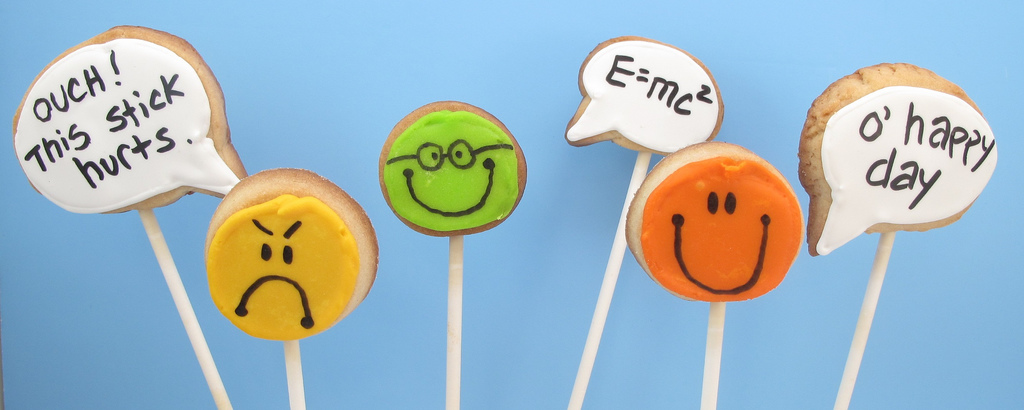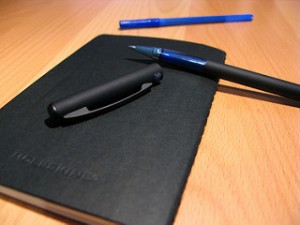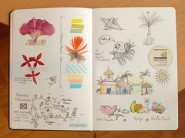One of the hardest things for writers to do is create genuine, free flowing dialogue. It’s something our script writing counterparts have a much easier time developing. However in the middle of elegantly pacing a piece, while simultaneously layering the perfect word choice, dialogue has a way of almost ruining the narrative, and appearing bluntly out of thin air.
Some popular writers to look at for solid dialogue:
- John Steinbeck
- Ernest Hemingway – Specifically “Hills Like White Elephants”
- Stephan King
- Raymond Carver
It’s basically impossible to get to this level of notoriety and success without being adept at dialogue, as character interaction is what drives fiction forward. Steinbeck is a sort of Jesus when it comes to dialogue. He is known to have recorded his dialogue to look back at it later. “Hills Like White Elephants” is elegant in its way of leaving so much unsaid, but implied by the words actually spoken. King may be known for his thriller aspects, but the dialogue of his characters is what compels us to believe in the things that happen to them. And Carver has a mindful control of dialogue. Look at “Cathedral.” Similar to Hemingway’s HLWE, the power of interactions comes from what isn’t said between the characters. Sometimes less is more with dialogue.
To iron out the basics of writing dialogue see this: Common dialogue mistakes of beginning writers
Try to work these habits into your dialogue writing:
- Let it flow – don’t try and force characters to be a certain way
- Read dialogue out loud
- Work in silences – this will allow for narrative and subtleties of interaction
- Let the characters speak. Your thoughts should not be the ones readers hear
- Don’t be too realistic, but do allow for each character to have their own personal speech pattern
For more advanced dialogue tips read: Writing and editing expert
For me, the most important of these tips is to let your characters speak for themselves. As writers, we can be guilty of going into a story or situation with an agenda. I would argue that you shouldn’t plan anything. Have a premise, and simply note the thoughts your character thinks and words they speak. Once you are really into a scene, the dialogue will flow more naturally than if you went in thinking, “oh they would do this, or that.”
Aside from that, remember that less is more. We don’t always say what we are thinking in real conversation. Sometimes people’s specific efforts to avoid speaking about something, actually tell the truth about their mindset. The writing expert’s tip about becoming a student of conversation is important. Listen to everyone, note how they speak and what they are actually saying. Using real world interactions is the best way to produce the most realistic humans for your fiction.




